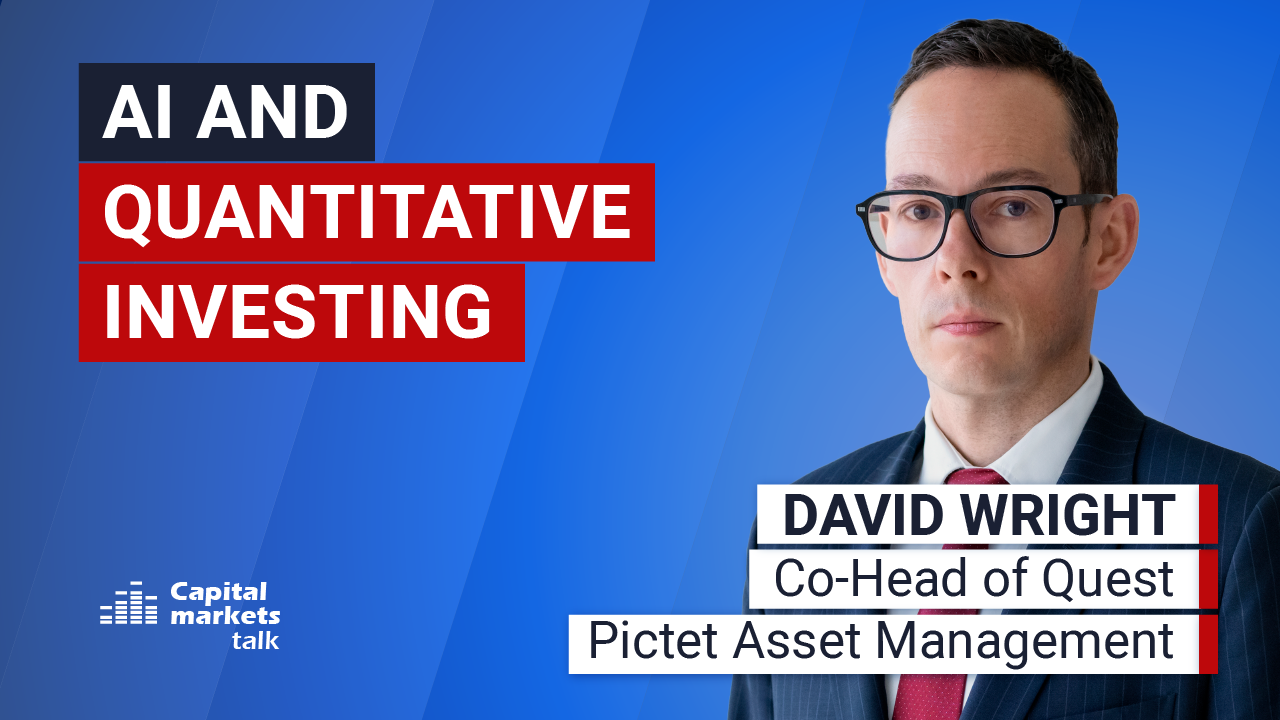The persistence of inflation is a complex issue influenced by various factors. Martin Currie believes that for investors, the key takeaway is that inflation is unlikely to subside in the UK and the rest of Europe until food inflation decreases.
“…and that means we may need to wait a bit longer before central banks start to loosen monetary policies,” writes Michael Browne, Chief Investment Officer at Martin Currie
Subsequently, the asset manager examines historical data to reveal that food prices in the Eurozone have played a crucial role in driving inflation, with their impact often lagging behind that of rising fuel costs. According to Browne, this delay is due to the life cycle of food production, influenced by factors like fertiliser prices and energy costs.
As per the asset manager, governments have sought to control prices and intervene to mitigate inflation, as evidenced by the public’s increasing belief in the government’s responsibility.
“The results of its 2022 survey revealed that more than two-thirds of the public want the Government to intervene to help keep prices down, marking a rapid rise and record number of Britons believing that it is the Government’s responsibility to control prices,” informs Browne.
However, to address inflation effectively, Martin Currie opines that the focus should be on taming food prices. Recent data has shown some improvement in food price inflation, but the perception of inflation among consumers remains largely unchanged, it points out.
Browne then emphasises that understanding the relationship between food prices, inflation, and consumer perception can guide predictions related to interest rates and the economy. He says that this information also sheds light on the differences in inflation experiences between the UK and Europe compared to the United States.
Separately, the asset manager talks about the availability of investment opportunities in consumer stock, housebuilders, and software. “As long as corporate profits hold and labour remains scarce, we believe there will be significant opportunities in the consumers’ stock and housebuilders in 2024 and 2025. Software and B2B technology are also likely to lead. The UK has many smaller companies providing such innovative services,” concludes Browne.
Read more

Global Trade
Trump ignites global trade war / Reactions
The USA itself will be the victim of Trump’s trade policy.

Private Debt
The case for private debt in real asset financing
What makes the combination of private debt and real assets particularly compelling in today’s market?

Schroders
Looking ahead: 30-year return forecasts
Higher returns are expected across asset classes, driven by stronger productivity growth for equities and elevated long-term central bank rate projections for bonds.

Quant Investing
AI and quantitative investing
Artificial intelligence applications go way beyond stock selection.

Bellevue Asset Management
Demographics and AI drive MedTech stocks
MedTech investment case: What makes it attractive, which trends stand out?





















